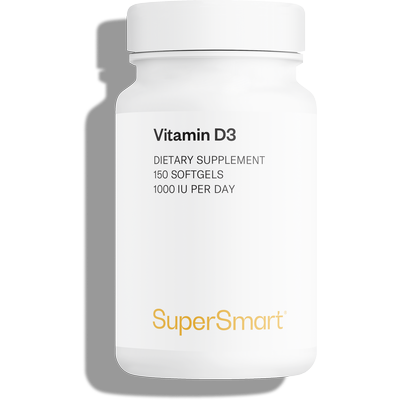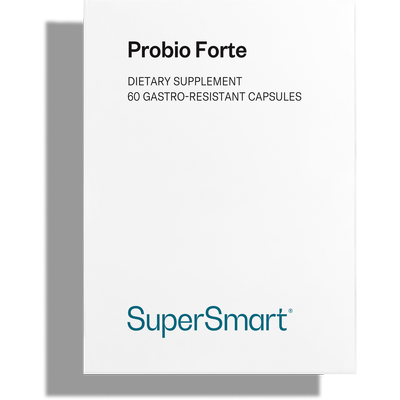Autism: worrying link found with pesticide circulating in our bloodstream
 A study of more than one million pregnancies in Finland has found an association between elevated levels of the pesticide DDE (a metabolite of DDT) in the blood of pregnant women and an increased risk of autism in their children. There was a two-fold risk of autism or intellectual disability in the offspring of women who had blood levels of DDE in the highest quartile of all the levels recorded.
A study of more than one million pregnancies in Finland has found an association between elevated levels of the pesticide DDE (a metabolite of DDT) in the blood of pregnant women and an increased risk of autism in their children. There was a two-fold risk of autism or intellectual disability in the offspring of women who had blood levels of DDE in the highest quartile of all the levels recorded.
This is the first time blood biomarkers have been used to identify a link has between a pesticide and autism. But it raises the question that if DDT has been banned in most Western countries for more than 30 years, how is it still finding its way into the human bloodstream? The answer is unsettling: DDT is still present in the environment, and thus in the food chain, because it takes a very long time to break down. So when a pregnant woman eats fruit, vegetables and even freshwater fish, she is ingesting molecules of DDE, which then cross into the placenta in even greater concentrations.
"We think of the widespread leaching of all these chemicals as belonging in the past", said lead author Alan S. Brown, Professor of Epidemiology at Columbia University. "But unfortunately, they are still present in the environment and are in our blood and tissues. In pregnant women, they are transmitted to the foetus where, along with genetic and other environmental factors, they are likely to be a trigger for autism." It’s thought that the DDE prevents androgens from binding to their receptors, an important process in neurodevelopment.
Autism, its prevalence continues to rise
These findings are striking, coming at a time when incidence of autism has never been higher and especially as the exact causes of this increasing prevalence remain unknown. In recent years, scientists have variously theorised that it could be triggered by vaccines, pre-natal exposure to toxins or certain infections, but no-one has so far managed to put their finger on it.
Other avenues are being explored to try and understand the factors behind autism, or conversely, those that might help reduce the risk.
One study published at the beginning of 2018 (1) showed that changes in the mother’s gut flora may be linked to problems with neurological development, in particular, Autism Spectrum Disorder. According to the researchers, taking probiotics or consuming dietary fibre constitutes a reliable approach to restoring a healthy balance between the various microorganisms that live in the gastrointestinal tract.
In an earlier study on animals, published in 2017 (2), researchers had found an association between taking vitamin D and a decreased risk of autism. They had drawn on research demonstrating a link between low vitamin D levels in women and a higher probability of having an autistic child. One researcher added that the cholecalciferol form of vitamin D was safe for pregnant women, while recommendations to eat oily fish were controversial, given their potentially dangerous mercury content.
Pesticides: a ticking time bomb?
While DDT is no longer used today, numerous other pesticides continue to pervade our soil and our food. In fact, there have never been so many toxins in our soil. For most of these substances, we don’t know the actual impact they could have on our health over the long term. We simply know they accumulate in the water table and that they disrupt the life cycle, significantly contributing to the 6th mass extinction currently affecting the planet.
It’s very difficult to prove what their impact is on human health, and even more difficult to measure their synergistic effects, due to the long latency period between chronic exposure to such products and the onset of disease. But more and more studies clearly demonstrate that these products increase production of reactive species in the body, disrupt the antioxidant system and play a role in fœtal abnormalities and the development of cancer (3-9). Based on such studies, the International Agency for Research on Cancer has classified as probable carcinogens a large number of herbicides and insecticides used in Europe and the United States, including Monsanto’s famous ‘glyphosate’. This systemic herbicide is currently in the spotlight since a jury in a San Francisco court ruled that the agrochemical giant should pay almost $300 million in damages to an American gardener suffering from cancer for failing to warn of the dangers posed by their product.
Glyphosate could actually be linked to the re-emergence of DDT in the environment, or rather its more toxic breakdown metabolite, DDE. The wide-scale use of glyphosate and now-banned herbicides could be responsible for a dramatic erosion of our soil by eliminating its protective vegetation, potentially resulting in the recirculation of these forgotten molecules…
To find out more about the thorny issue of pesticides, why not read the following two articles:
The 10 fruits and vegetables which put pesticide levels into overdrive
Pesticides: the poisoning continues to grow. How should we respond??
Study at the centre of this article:
Alan S. Brown et al. Association of Maternal Insecticide Levels With Autism in Offspring From a National Birth Cohort. American Journal of Psychiatry, 2018 DOI: 10.1176/appi.ajp.2018.17101129
Key points to remember:
- DDT, a dangerous insecticide banned 30 years ago, is still in our food.
- It may play a role in the development of autism in children.
- Herbicides such as glyphosate contribute to soil erosion and to the dispersal of previously-used substances.
References

Healthy individuals now require a minimum dose of 1000 IU a day.
www.supersmart.com
Probiotic mix; 8 billion microorganisms per capsule. In gastro-resistant capsules for optimum efficacy
www.supersmart.comAll rights reserved
Free
Thank you for visiting our site. Before you go
REGISTER WITHClub SuperSmart
of exclusive benefits:
- Free: our weekly science-based newsletter "Nutranews"
- Special offers for club members only

















